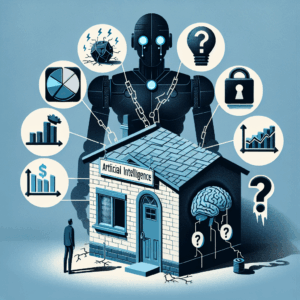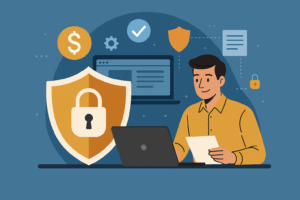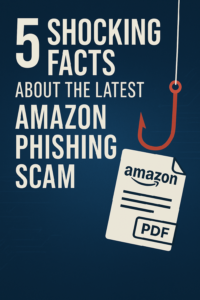Backdoored Malware Warning: 5 Ways It’s Fueling Cybercrime Against Small Businesses
If you’re running a small business, let me tell you something you probably haven’t heard in your quarterly vendor updates: backdoored malware is lowering the bar for cybercriminals, and it’s putting folks like you right in their crosshairs. What used to take months of trial and error (and some real underground technical know-how) is now packaged up and ready to deploy by practically anyone who’s willing to download a sketchy toolkit and follow some YouTube instructions. That’s the world we’re dealing with now—one where the average attacker doesn’t have to be clever anymore, just connected.









